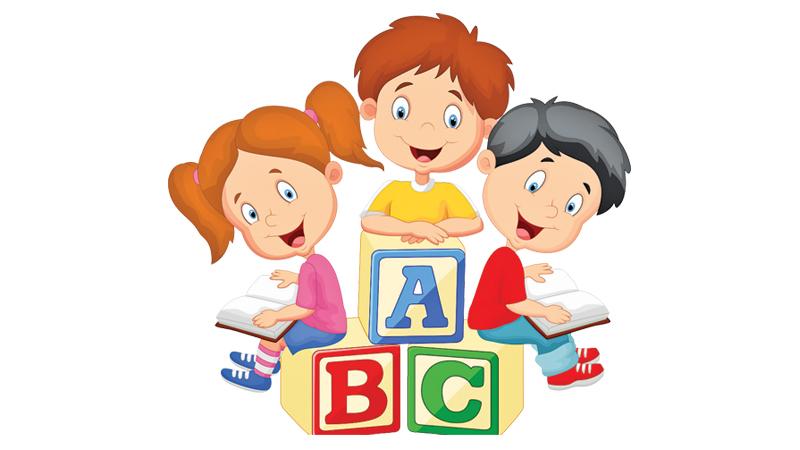
This is a guide to help learners to communicate easily in both speech and writing through a better understanding of the English language.
Eventuate
‘Eventuate’ means ‘to happen as a result of something’
The scandal finally eventuated in the resignation of the Prime Minister.
Grammarians consider ‘eventuate’ as a pompous word that could be replaced by ‘occur’ or happen.’
ever / ever
The suffix ‘-ever’ can be added to ‘who, which, what, where and how.’
Whoever is responsible for the offence will be punished.
You can have whichever you like best.
Help yourself to whatever you want.
Sleep wherever you like.
You can do it however you like.
When ‘ever’ is used for emphasis it remains a separate word.
Who ever said that?
Why ever didn’t you tell me?
Every day / everyday
‘Every day’ is an adverbial phrase of time.
Children go to school every day.
‘Everyday’ is an adjective meaning ‘ordinary, usual’ or ‘happening every day.’
Stress is part of everyday life.
Every one / everyone
‘Every one’ shows separateness.
She spoke to every one present in the classroom.
It is also used when referring to inanimate objects.
He wrote five novels and every one of them was a best seller.
When we refer to people who are not singled out we use ‘everyone’ or everybody.’
When the teacher came to the classroom everyone was shouting.
However, we say ‘Everyone was doing their best, aren’t they?’ Here ‘their best’ seems unavoidable.
Evolve
‘Evolve’ means ‘to develop or make something develop by gradually changing.’
Charles Darwin believed that we evolved from apes.
A new management style is evolving in some companies.
Popular usage has made ‘evolve’ a synonym for ‘change, develop, plan’ or ‘devise.’
Except / excepting
‘Except’ is a preposition followed by a noun, pronoun or adverbial phrase.
You can have any of the books except this one.
‘Except for’ is used as a conjunction.
Except for one old man, the bus was empty.
‘Excepting’ is a preposition used to introduce the only thing or person in a group about which a statement is not true.
I answered all the questions excepting the last one.
Exceptionable / exceptional
‘Exceptionable’ means ‘making you feel offended and angry.’
You have made a highly exceptionable remark about me.
‘Exceptional’ means ‘unusually good.’
Sean is an exceptional actor.
He showed exceptional courage in the battle.
Exclamation mark (!)
The exclamation mark is placed at the end of an interjection, an exclamatory word, or a phrase or sentence expressing a strong emotion or a wish.
Don’t be such a prude!
However, the exclamation mark should be used sparingly. No exclamation mark is used in the following imperatives:
Open your books.
Shut the door.
Exhaustive / exhausting
‘Exhaustive’ means ‘extremely thorough.’
Police made an exhaustive search for the missing boy.
‘Exhausting’ means ‘making you feel extremely tired.’
Digging coal is exhausting work.
Explicit / implicit
An explicit instruction is expressed in a way that is very clear.
He refused to do anything without explicit instructions.
‘Implicit’ means ‘implied rather than openly stated.’
Her words contained an implicit criticism of my work.
‘Implicit’ also means ‘unreserved’ or ‘absolute.’
Christians have implicit faith in God.
